Rachel Rosenberg has been writing since she was a child—at 13, she was published alongside celebs and fellow teens in Chicken Soup For the Teenage Soul 2. Rachel has a degree in Creative Writing from Montreal’s Concordia University; she’s been published in a few different anthologies and publications, including Best Lesbian Love Stories 2008, Little Fiction, Big Truth’s Re/Coded anthology and Broken Pencil magazine. She also appeared on the Montreal episode of the Grownups Read Things They Wrote As Kids podcast. Her day job is as a Children’s Librarian, where she digs singing and dancing with small humans.
I wasn’t planning to have a baby at 40. But then, pondering my existence nearing the eve of that very significant year, I realized that maybe I did actually want to have a tiny human in my life. So, I had a baby and, spoiler alert: she’s the best. But it was so much harder than I thought it would be, and there was so much happening to me emotionally and physically that I hadn’t expected, despite prenatal classes, reading books, and chatting to people who’d already been through it. My brain fried, I felt unmoored until I started reading books about motherhood and learning how entirely normal and common everything was.
I’ll Show Myself Out: Essays on Midlife and Motherhood by Jessi Klein
Klein’s I’ll Show Myself Out is an essay collection that manages to be relatable, even though Klein is a comedian and actor who has worked alongside Amy Schumer and John Mulaney, while I am a children’s librarian who builds programming activities out of cardboard boxes and pool noodles. She addresses two subjects that we still mostly avoid discussing as a culture: the difficulties of parenting and the reality of adjusting to midlife.
All Access Members, your exclusive content starts below.
Rachel Rosenberg has been writing since she was a child—at 13, she was published alongside celebs and fellow teens in Chicken Soup For the Teenage Soul 2. Rachel has a degree in Creative Writing from Montreal’s Concordia University; she’s been published in a few different anthologies and publications, including Best Lesbian Love Stories 2008, Little Fiction, Big Truth’s Re/Coded anthology and Broken Pencil magazine. She also appeared on the Montreal episode of the Grownups Read Things They Wrote As Kids podcast. Her day job is as a Children’s Librarian, where she digs singing and dancing with small humans.
Motherhood is an often misunderstood life stage, as people who’ve been through it don’t want to scare those who are about to embark on it. Or, mothers feel shame and are insecure about their experiences, from the painful early days of nursing to how basic tasks like going for a walk suddenly seem overwhelming.
The first essay, “The Hero’s Journey,” actually kicked me so hard in the butt emotionally that I had to put the book down so that I could pause and consider what it meant to me. Initially comparing the state of early motherhood to the baby snack Nom-Noms, Klein writes, “My days look and taste a lot like nothing, and yet they are there. They mostly feel the same, but round the edges, of course, they are different.” Then she discovers Joseph Campbell’s description of a hero’s journey and it cuts through her autopilot existence as a “milk-and-comfort-dispensing-machine.” She argues that mothers are on their own hero’s journey—one that is often ignored or just straight up diminished. I won’t describe it further because it deserves to be consumed fully in her voice. But if you are a mother, read it and feel seen. If you know a mother, read it so that you can have an understanding of what mothers go through.
The rest of her essays don’t hit the same high for me as the first, but that first one is so meaningful that it lives on a high pedestal that little else can reach. The other essays are still hilarious and relatable. I ripped through the book in mere days. Pretty good when you can only read for about 10 minutes post-breakfast and during an hour-and-a-half nap time that needs to be shared with making lunch, doing dishes, and closing your eyes to get some semblance of rest.
Ultimately, Klein really captures how much we are changed when we become mothers and how being older when you go through it can drastically affect your experience. There are chapters on losing your hair, feeling ridiculous for arguing with a toddler, wishing people still saw you as someone worth flirting with, and figuring out your post-baby, over-40 style.
The experience of becoming a mother is a maddening, fantastic, terrible, and glorious thing, and Klein really captures much of its twists and turns. In my shortish time reading books about having a child, this is one of the best. If you, like me, did it in your 40s surrounded by friends who are still in their 30s, it’ll remind you how universal these issues are. Considering how shame-filled and secretive mom culture can be, that makes the book a priceless contribution to the parenting book canon.
Join All Access to read this article
Get access to exclusive content and features with an All Access subscription on Book Riot.
- Unlimited access to exclusive bonus content
- Community features like commenting and poll participation
- Our gratitude for supporting the work of an independent media company

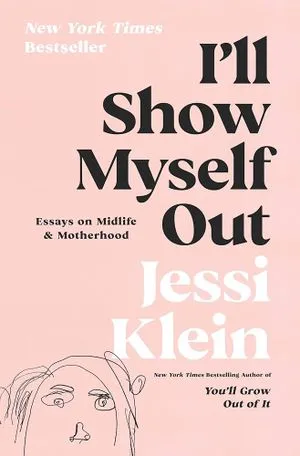



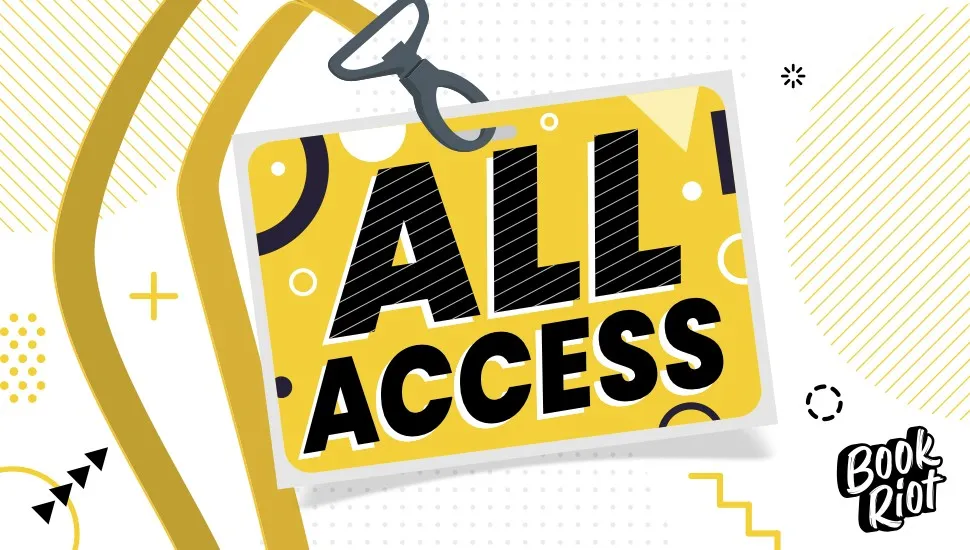




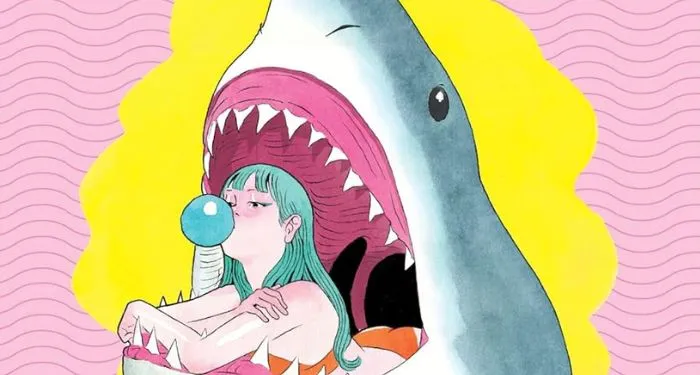



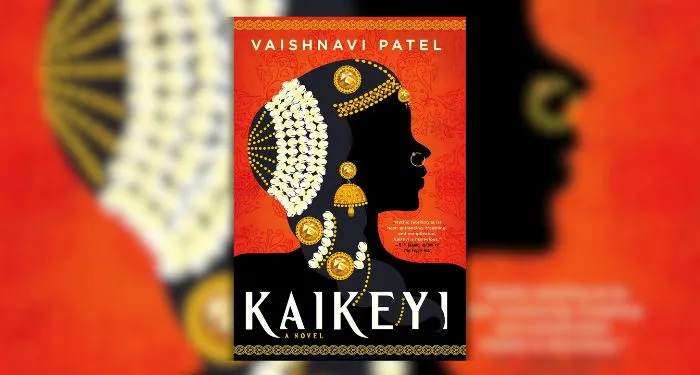


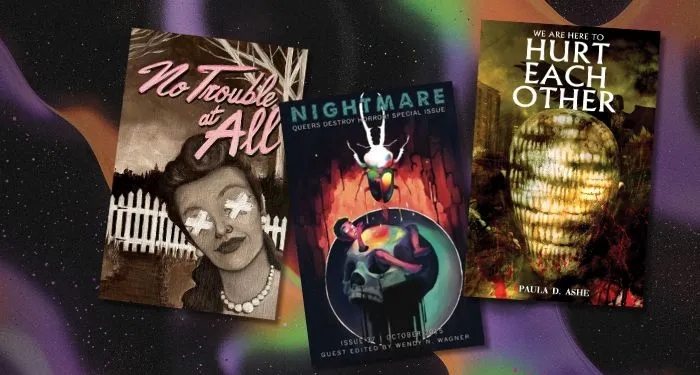


 English (US) ·
English (US) ·